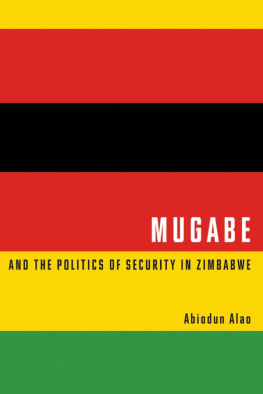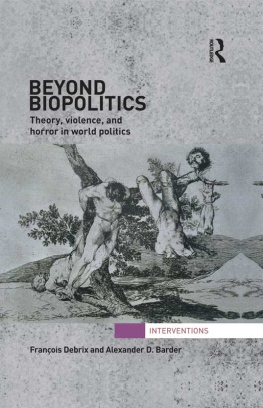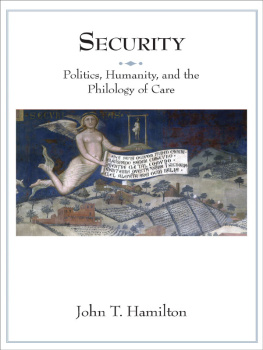Biopolitics of Security
Taking its inspiration from Michel Foucault, this volume of essays integrates the analysis of security into the study of modern political and cultural theory.
Explaining how both politics and security are differently problematised by changing accounts of time, the work shows how, during the course of the seventeenth century, the problematisation of government and rule became newly enframed by a novel account of time and human finitude, which it calls factical finitude. The correlate of finitude is the infinite, and the book explains how the problematisation of politics and security became that of securing the infinite government of finite things. It then explains how concrete political form was given to factical finitude by a combination of geopolitics and biopolitics. Modern sovereignty required the services of biopolitics from the very beginning. The essays explain how these politics of security arose at the same time, changed together, and have remained closely allied ever since. In particular, the book explains how biopolitics of security changed in response to the molecularisation and digitalisation of Life, and demonstrates how this has given rise to the dangers and contradictions of twenty-first century security politics.
This book will be of much interest to students of political and cultural theory, critical security studies and International Relations.
Michael Dillon is Professor of Politics and International Relations at Lancaster University. He has written extensively on international political theory, continental philosophy, security and war, and cultural research.
PRIO New Security Studies
Series Editor: J. Peter Burgess, PRIO, Oslo
The aim of this book series is to gather state-of-the-art theoretical reflexion and empirical research into a core set of volumes that respond vigorously and dynamically to the new challenges to security scholarship.
The Geopolitics of American Insecurity
Terror, power and foreign policy
Edited by Franois Debrix and Mark J. Lacy
Security, Risk and the Biometric State
Governing borders and bodies
Benjamin J. Muller
Security and Global Governmentality
Globalization, governance and the state
Edited by Miguel de Larrinaga and Marc G. Doucet
Critical Perspectives on Human Security
Rethinking emancipation and power in international relations
Edited by David Chandler and Nik Hynek
Securitization Theory
How security problems emerge and dissolve
Edited by Thierry Balzacq
Feminist Security Studies
A narrative approach
Annick T. R. Wibben
The Ethical Subject of Security
Geopolitical reason and the threat against Europe
J. Peter Burgess
Politics of Catastrophe
Genealogies of the unknown
Claudia Aradau and Rens van Munster
Security, the Environment and Emancipation
Contestation over environmental change
Matt McDonald
Securitization, Accountability and Risk Management
Transforming the public security domain
Edited by Karin Svedberg Helgesson and Ulrika Mrth
Commercialising Security
Political consequences for European military operations
Edited by Anna Leander
Transnational Companies and Security Governance
Hybrid practices in a postcolonial world
Jana Hnke
Citizenship and Security
The constitution of political being
Edited by Xavier Guillaume and Jef Huysmans
Security, Emancipation and the Politics of Health
A new theoretical perspective
Joo Nunes
Security, Technology and Global Politics
Thinking with Virilio
Mark Lacy
Critical Security and Chinese Politics
The Anti-Falungong Campaign
Juha A. Vuori
Governing Borders and Security
The politics of connectivity and dispersal
Edited by Catarina Kinnvall and Ted Svensson
Contesting Security
Strategies and logics
Edited by Thierry Balzacq
Conflict Resolution and Ontological Security
Peace anxieties
Edited by Bahar Rumelili
Biopolitics of Security
A political analytic of finitude
Michael Dillon
No one writing about security issues is as philosophically astute, conceptually innovative, politically attuned, and eloquent as Michael Dillon. Everyone in academic, journalism, and policy communities concerned with security thinking should read Biopolitics of Security .
Michael J. Shapiro , University of Hawaii, Manoa













